In the crowded corridors of India’s memory, the 1965 Indo–Pakistan War sits in the shadows. Overshadowed by the trauma of 1962 and the drama of 1971, it is often dismissed as a stalemate. Yet this conflict was anything but inconsequential. It was a war of resurgence for India, a confrontation shaped by miscalculation on Pakistan’s part, and a campaign rich in lessons for the future.
Ayub Khan’s Gamble
The 1965 war was very much Ayub Khan’s initiative. Pakistan’s military ruler believed that India, reeling from its defeat against China in 1962, remained vulnerable. He thought there was a closing window before India could rebuild its strength. If Kashmir was to be wrested away, it had to be now.
But Ayub’s calculation rested on myth. He often repeated the slogan that one Pakistani soldier was equal to ten Indian soldiers. This was not strategy; it was self-delusion. And it set the stage for Pakistan’s greatest miscalculation.
The first probe came in April 1965 in the Rann of Kutch. By summer, Pakistan launched Operation Gibraltar—a mass infiltration of armed men into Jammu & Kashmir (J&K). Its planners assumed that Kashmiris would rise in revolt and welcome them as liberators. That uprising never came.
Haji Pir became the key. This pass, commanding routes into the Gulmarg–Tangmarg bowl, offered the quickest infiltration path, quite unlike the Uri-Baramulla route, which was much longer. India’s bold decision to capture Haji Pir and the salient it guarded was a masterstroke. The assault and eventual capture by the Army’s Dagger Division, relying on surprise and speed, cut off the base of the infiltration routes.
The Pivotal Drama of the War: Akhnoor
Yet the gravest danger lay elsewhere. Struck by the Haji Pir setback, Pakistan launched Operation Grand Slam in the Chhamb–Jaurian sector. Major General Akhtar Hussain Malik, commanding 12 Infantry Division, struck with surprise and aggression. His early success was actually quite marked, and the road to the Akhnoor iron bridge over the River Chenab lay open.
Impact Shorts
More ShortsThen came the pivotal drama of the war. At the moment of success, Malik’s division was suddenly replaced. His faith—he was an Ahmadi, or Qadiani, a community not considered “truly Muslim” in Pakistan’s politics—made it unthinkable for him to be allowed the laurels of the expected Akhnoor victory. Responsibility was therefore handed over to Major General Yahya Khan and his 7th Infantry Division.
Yahya asked for a 24-hour tactical pause to reorient his division. That pause changed the game for India. In those critical hours, the lone Indian squadron at Akhnoor was reinforced. When Pakistan resumed its assault, the momentum was gone. The chance to cut India’s communications and sever the Jammu–Poonch link had slipped away. But this reprieve still came at a price. The success at Haji Pir had to be withdrawn; it was returned at Tashkent. A bitter pill, but we could not have risked Pakistan sitting just four kilometres from the Akhnoor bridge, awaiting the next war.
India then seized the initiative by opening the Lahore front. It was a bold decision, taking the war into Pakistan’s heartland. In the Amritsar sector, Lt Gen Harbaksh Singh carried out brilliant operations. Dograi, where 3 Jats distinguished themselves, remains legendary. Despite that Pakistan had its ace hidden—its 1st Armoured Division, waiting in the Chhanga Manga forests—air reconnaissance could have located it, but alas air resources were held back to avoid provocation.
When the Pakistani 1st Armoured Division was unleashed, it threatened to swing through Central Punjab across the Beas toward Jalandhar. As Captain Amrinder Singh later wrote in The Monsoon War, this was the moment when the campaign hung in the balance, but Harbaksh Singh refused to yield and resisted orders from the Chief for evacuation to the line of the River Beas. In the sugarcane fields of Asal Uttar and Valtoha, Pakistani armour ran into a determined Indian stand organised by Harbaksh.
Pakistani Patton tanks burnt under relentless infantry and anti-tank fire. Havildar Abdul Hamid of 4 Grenadiers, who destroyed several tanks before sacrificing his life, was posthumously awarded the Param Vir Chakra. His courage symbolised the grit of the Indian soldier. The battles of Asal Uttar broke Pakistan’s momentum. Its prized armour lay wrecked in Punjab’s fields.
With the central sector stabilised, Harbaksh shifted focus to Sialkot. Here, at Chawinda and Buttur Dograndi, some of the largest tank battles since World War II were fought. Poona Horse earned eternal laurels, as did officers like Major Abdul Rafey Khan of 8 Garhwal Rifles.
By mid-September, both armies were bloodied. The war terminated with no major gains for either side.
If one man stood out in this war, it was Lt Gen Harbaksh Singh. His leadership was not confined to headquarters. He travelled across sectors, spoke to formations, and made decisions on the ground. He was not merely reacting; he was shaping the theatre.
Pakistan declared September 6—when Indian forces crossed the border but did not press into Lahore—as its “Victory Day”. That act of perception management endures. Each year in Islamabad, diplomats are reminded of Pakistan’s “victory”. It is a reminder that wars are fought not only with tanks and guns but also with narratives.
Harbaksh Singh’s control extended across what were, effectively, more than one geographical theatre. He orchestrated a vast, multi-sector battle with limited communications, relying on instinct and presence. As India debates theatre commands today, the question lingers: will future wars still require commanders to personally move from sector to sector, feeling the ground and making decisions in person? Or will digital tools render such leadership obsolete?
It’s an apt subject for debate. In my perception Indian military leaders will prefer the old world, and that will make control across the span extremely challenging. Indian top brass is ground-orientated and prefers a glance over the terrain of operations before taking the final decisions.
Why 1965 Still Matters
For India, 1965 was a war of resurgence. Just three years after the trauma of 1962, the Indian Army demonstrated resilience, initiative, and the capacity to fight back. It was not a victory in the traditional sense, but it was a reclamation of confidence.
The larger lesson, however, is about memory. Wars that are not remembered are wars whose lessons are lost. The 1965 conflict is scarcely taught in our schools. Young Indians grow up knowing of 1971, perhaps of Kargil, but rarely of Dograi, Asal Uttar, or Haji Pir. This undoubtedly is a mistake.
A nation that forgets its military history risks repeating its mistakes. The study of 1965 is not about glorifying battle—it is about understanding leadership, strategy, and the cost of miscalculation. Above all, it is about preparing for the challenges of the future and maintaining dogged vigilance and readiness.
The war of 1965 may be a “forgotten war”. But it must never be an unlearned war.
The writer is a member of the National Disaster Management Authority. Views expressed in the above piece are personal and solely those of the author. They do not necessarily reflect Firstpost’s views.


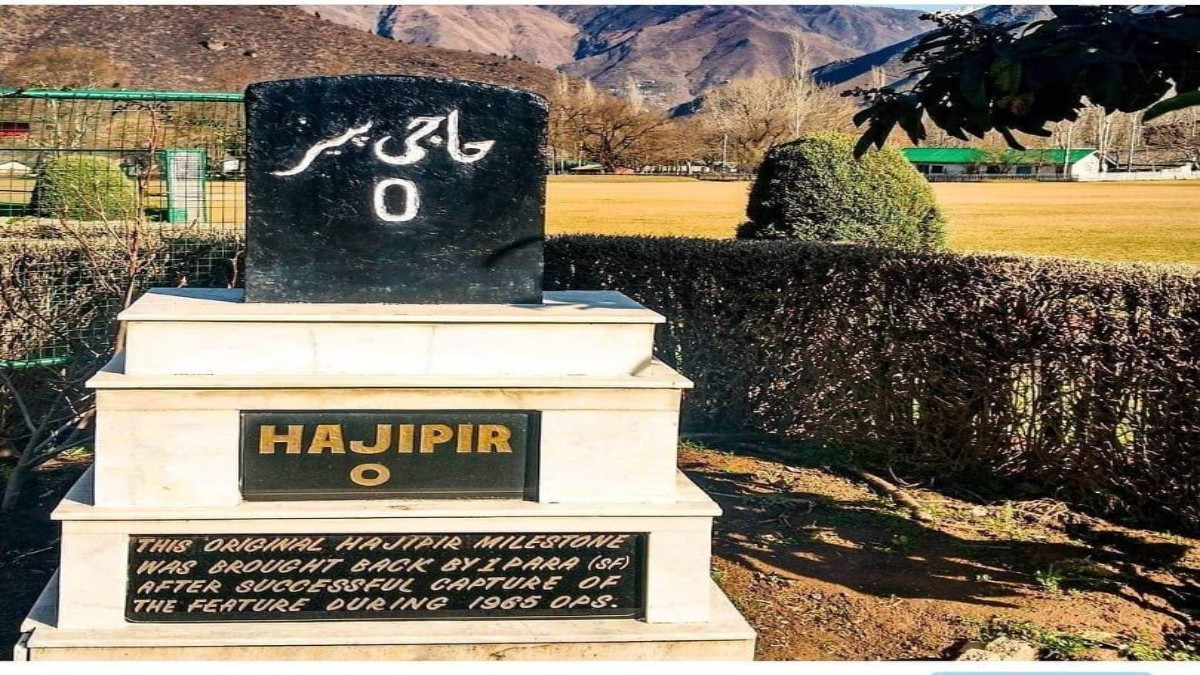)

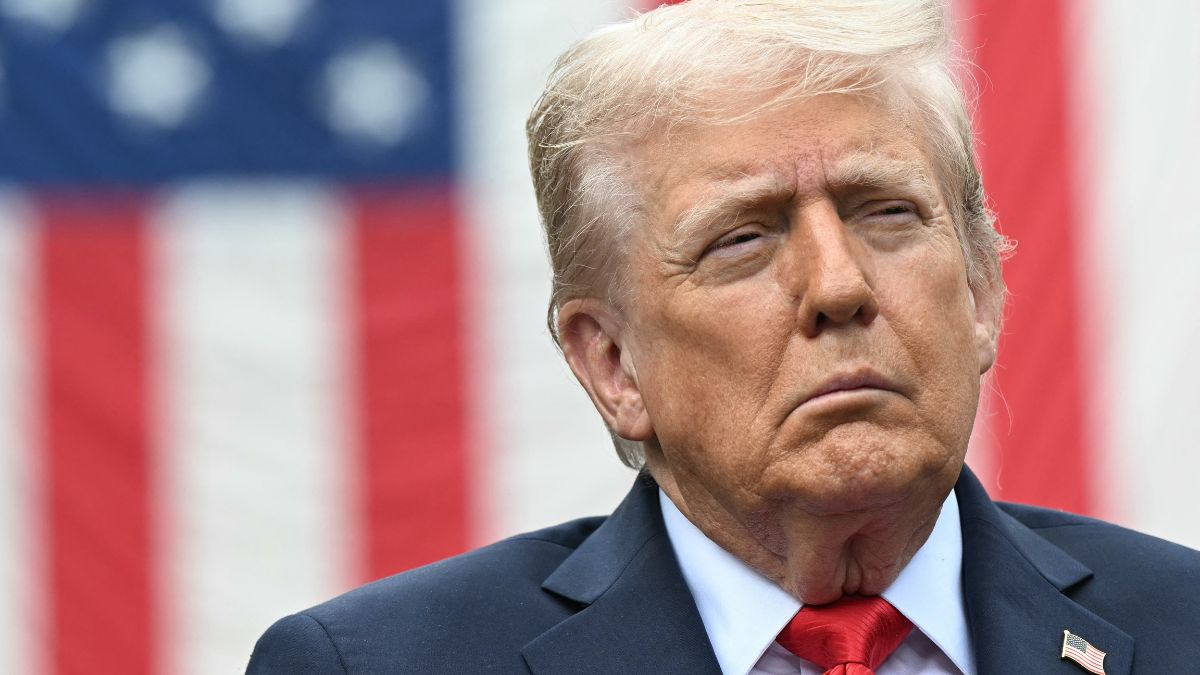)
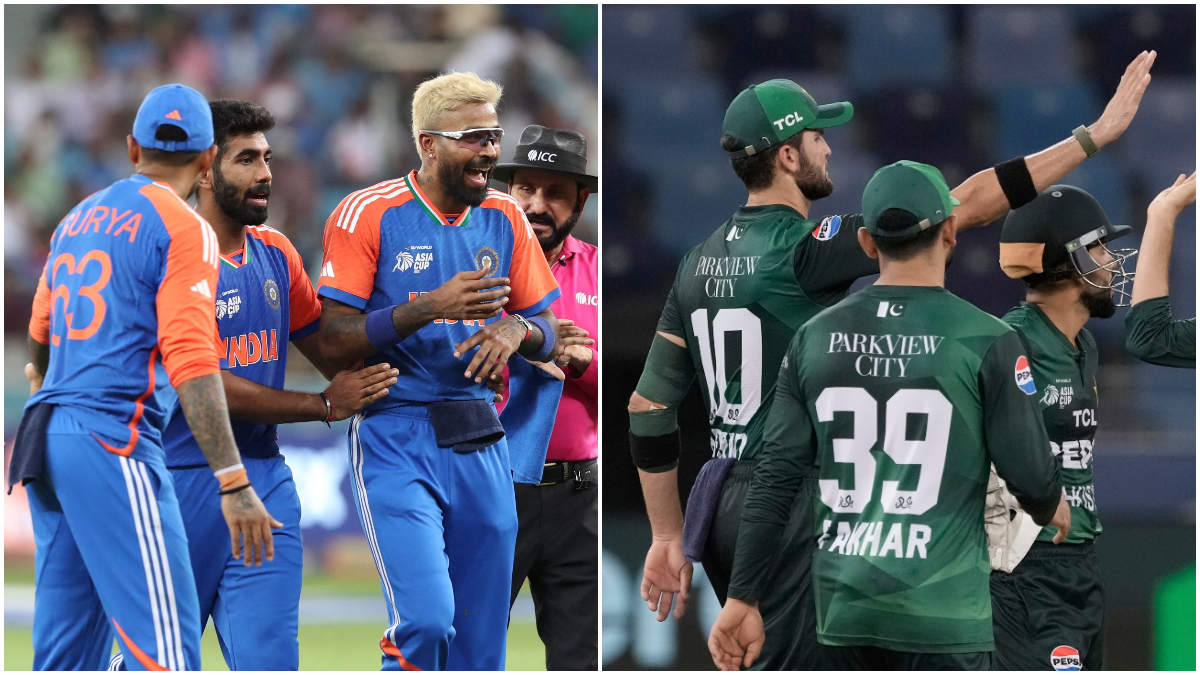)
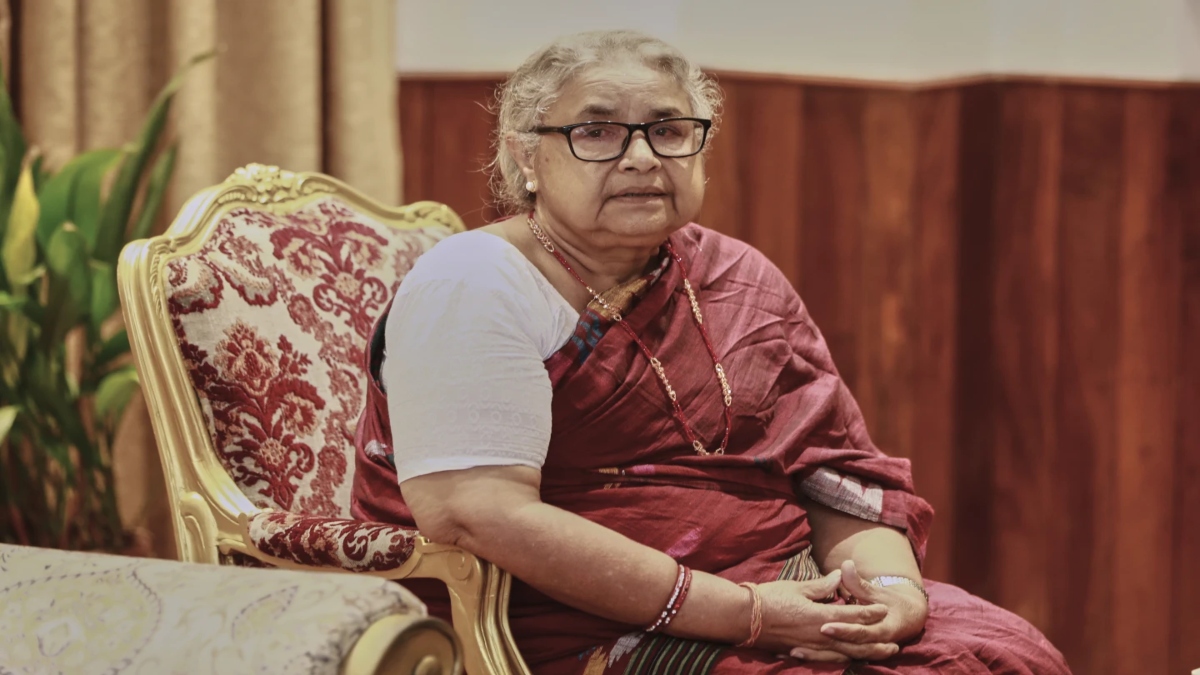)
)
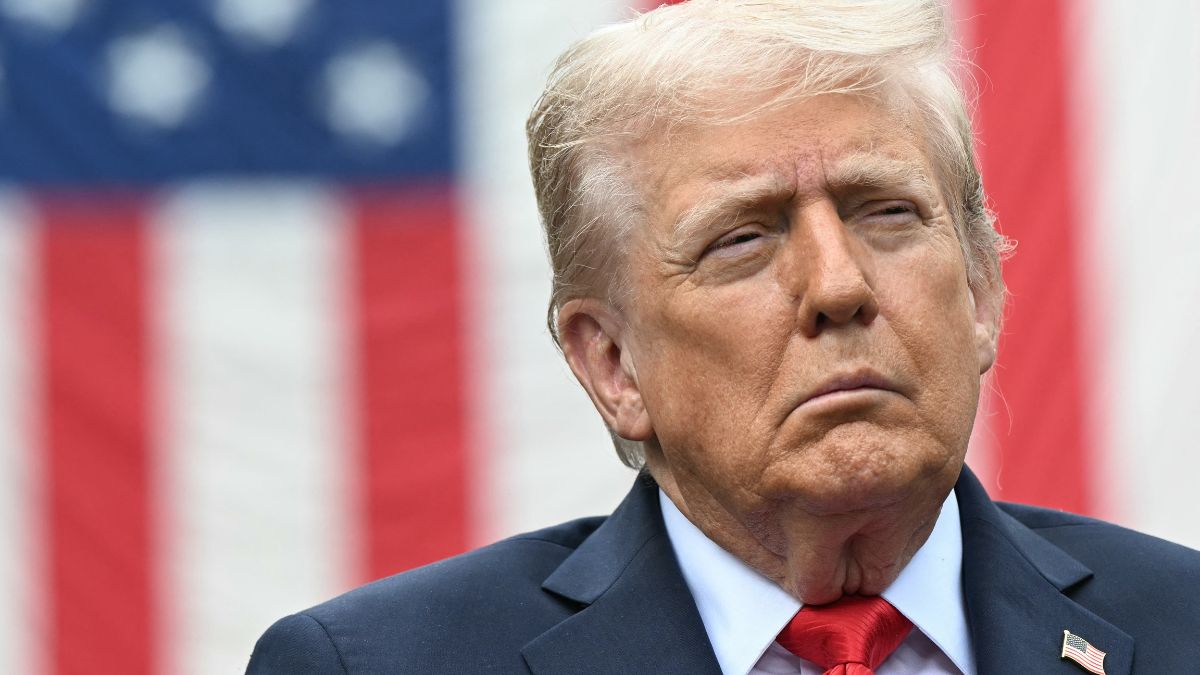)
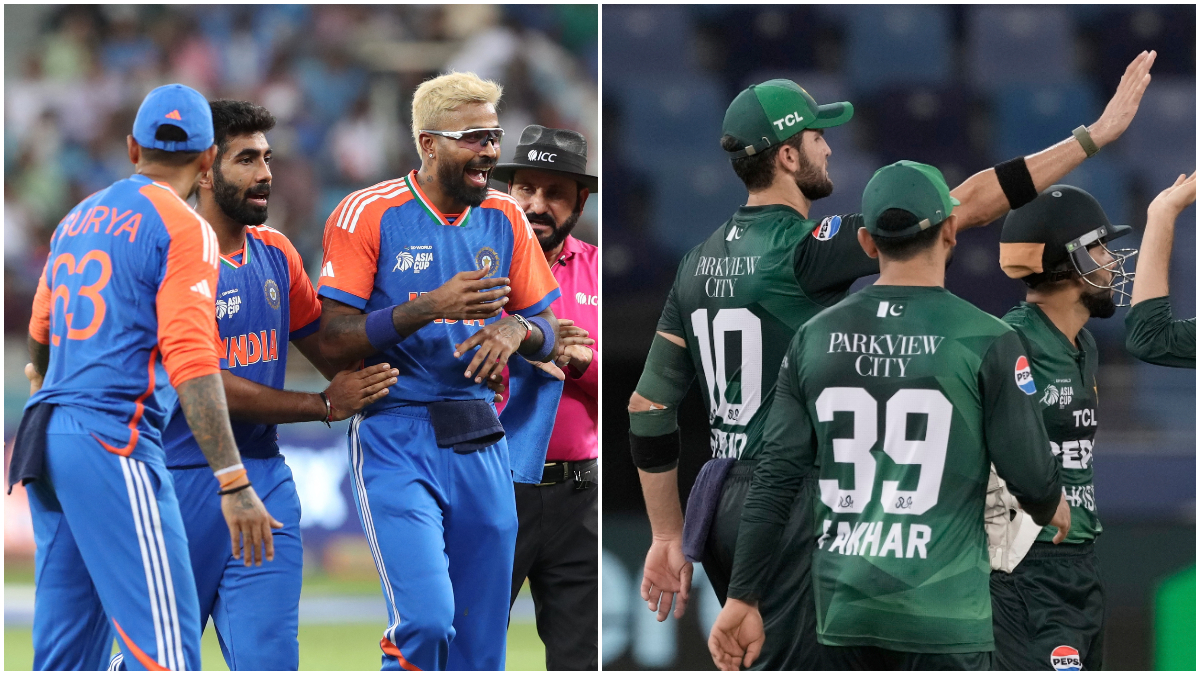)
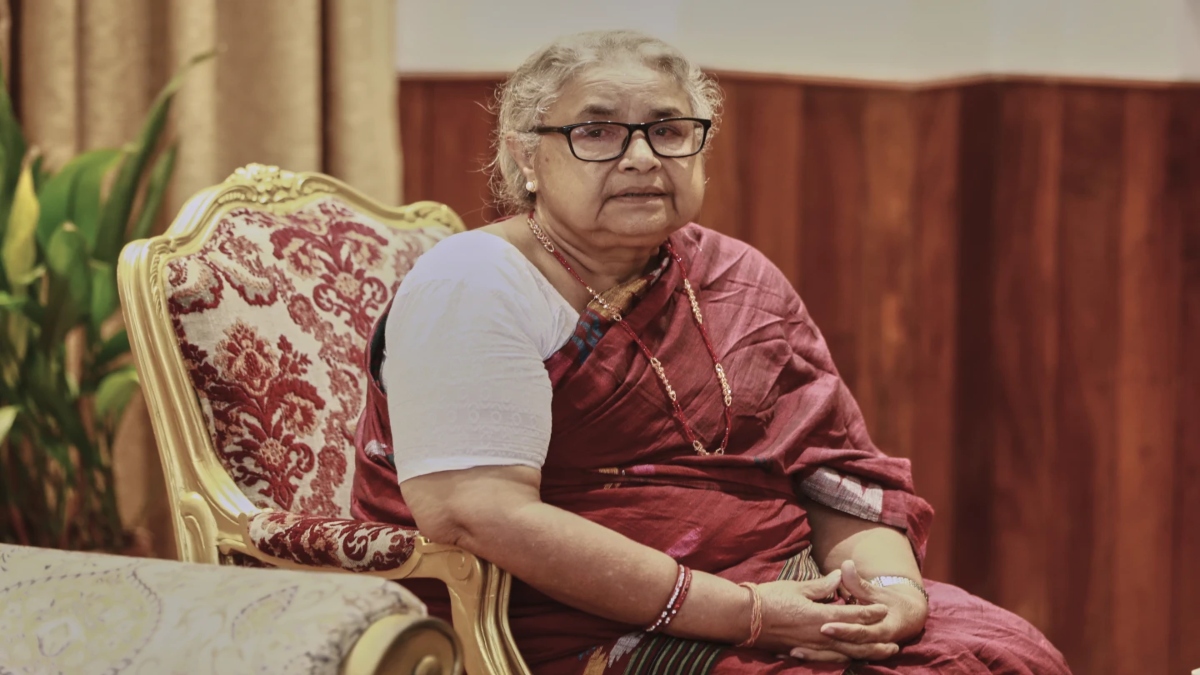)
)



